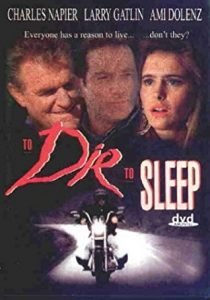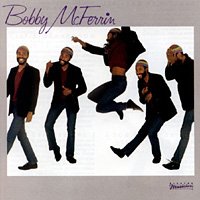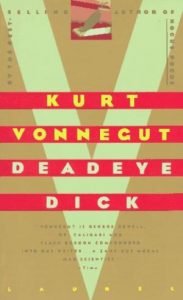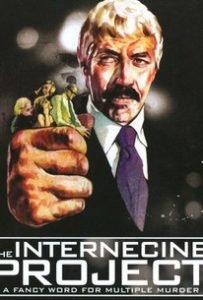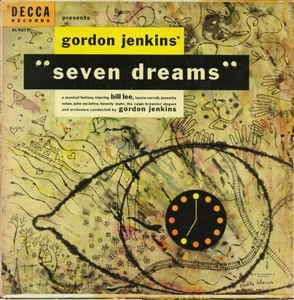 Gordon Jenkins
Gordon Jenkins
featuring his orchestra, Bill Lee (Dreamer), The Ralph Brewster Singers
Tracks: 1 — The Professor; 2 — The Conductor; 3 — The Caretaker; 4 — The Cocktail Party; 5 — The Pink Houseboat; 6 — The Nightmare; 7 — The Girl on the Rock
Tags: Musical, Program Music, Concept Album
Release Date: 1953
Rating: ★★★★★
This “musical for record album” features the experiences of the Dreamer (sung by Bill Lee) as he experiences each environment. We follow him through each dream, and every morning, he wakes to the raucous, jangling alarm ringing and the spoken, sing-song litany of, “Wake up, brush your teeth, wash your face, comb your hair, eat your breakfast, go to work…” until, with the last dream, he lets himself stay in the last, best dream. Continue reading “Seven Dreams”

